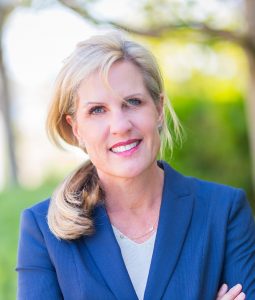By Catheryn Yashar, MD
My healthy husband’s first cough was March 9, 2020. Thankfully, he has nearly recovered.
That day he was worried, so he wandered down to the ER and was reassured the virus “isn’t here yet.” He called in sick the next day. Five days later, he was either sleeping or coughing. Meals were untouched as he complained about the taste. He lost 21 pounds in eight days. It was late that March before taste alteration was a recognizable reported symptom.

We had no PPE but used wipes and distance liberally. In retrospect, I am appalled I left him isolated in his room while I worked, which I was instructed to do if exposed unless I developed symptoms. I worried about him; I worried more that I was an asymptomatic spreader. When he struggled up a single flight of stairs, stopping three times to catch his breath, my panic started to rise. I called the hospital. I suppose they felt helpless and a bit afraid of him as I was told to bring him in “when he needs a ventilator.”
He improved and then suddenly worsened. We didn’t know about the immune crisis then, and I worried about a superinfection. I gave him a Z-Pack and because he was in bed so much, he took aspirin twice a day. Given the state of knowledge, we probably did as well as the hospital, but it was terrifying, and some days felt paralyzing. He secretly bought my 30th anniversary gift two months premature “just in case.” We call it our COVID ring.
He is still coughing and we don’t know why. We are thankful his story didn’t end as so many have, but as the pandemic swells around me and I read the unbelievably sobering hospital policy about how we will triage if life-saving equipment becomes scarce, I pray that this is over soon.
Dr. Yashar is chief of breast radiation services and a professor of radiation medicine and applied sciences at the University of California San Diego. She also serves as chief of staff and associate chief medical officer at UCSD. She became an ABR Trustee last October.


